Press release–For immediate release
The Montreal SPCA launches a major campaign to promote ethical, non-animal methods in scientific research
For a modern, forward-looking science that does not cause animal suffering
Montreal, November 10, 2025 – Today, the Montreal SPCA is presenting its key demands as part of a broad campaign to promote the use of alternatives to animals in research and toxicity testing. Posters displayed throughout downtown Montreal calling on the public to support the SPCA’s demands while a similar digital campaign reminds us that «We should be on the cutting edge, not them».
An official petition published on the House of Commons website, initiated by the SPCA and sponsored by MP Nathaniel Erskine-Smith, calls on the federal government to adopt a national roadmap to gradually reduce and replace animal testing in favour of advanced alternative methods.
“Millions of animals, including dogs, cats, and primates, are still used each year in Canada for research and toxicity testing,” explains Sophie Gaillard, Director of Animal Advocacy and Legal and Government Affairs at the Montreal SPCA. “It is definitely possible to reduce the systematic use of live animals by switching to modern technologies.”
The systematic use of animal models is increasingly being called into question by the scientific community.
According to data from the Canadian Council on Animal Care (CCAC), more than 3.7 million animals were used for scientific purposes in Canada in 2024, of which more than 1 million underwent procedures causing moderate to severe distress or pain, at, or “above the pain tolerance threshold of unanesthetized conscious animals”¹.
However, according to a recent meta-analysis, only 5% of therapeutic approaches tested on animals are subsequently approved for human use², demonstrating the limited transferability of these models. Technologies such as organs-on-chips and bioprinted human tissues are extremely accurate, while also more faithfully reflecting human biology.
A consensus in favour of change
A recent Léger poll³ reveals that 83% of Canadians believe that modern alternatives should always be preferred when available, rather than subjecting animals to painful tests. This percentage rises to 88% among Quebecers polled.
The federal government has also expressed a desire to reduce the use of animal testing, but the Strategy to reduce, replace or refine vertebrate animal testing under the Canadian Environmental Protection Act, 1999 (CEPA), published in July 2025 by Health Canada and Environment and Climate Change Canada, does not yet include any numerical targets, timelines, or dedicated funding.
“Canada lags significantly behind other countries in promoting advanced alternative methods. It’s time to fund the science of tomorrow and ensure that incentives are put in place to promote the use of methods that do not involve animal testing, whenever possible,” says Émilie-L. Sauvé, Senior Campaign Manager for Animal Advocacy at the Montreal SPCA.
– 30 –
Source : Montreal SPCA www.spca.com/en/
Media information:
Tök communications 514 247-0526
Marie-Hélène Avon, mariehelene@tokcommunications.ca
About the Montreal SPCA
Founded in Montreal in 1869, the Society for the Prevention of Cruelty to Animals (better known as “Montreal SPCA”) was the first animal welfare organization in Canada. The SPCA has come a long way since: it is now the largest animal protection organization in Quebec and speaks on behalf of animals wherever they face ignorance, cruelty, exploitation or neglect.
¹ Canadian Council on Animal Care (CCAC). CCAC policy statement on: categories of invasiveness in animal experiments. Ottawa: CCAC, 2021. https://ccac.ca/Documents/Standards/Policies/CCAC_Policy_statement_on_categories_of_invasiveness_in_animal_experiments.pdf
² Ineichen, B. V., Furrer, E., Grüninger, S. L., Zürrer, W. E., & Macleod, M. R. (2024). Analysis of animal-to-human translation shows that only 5% of animal-tested therapeutic interventions obtain regulatory approval for human applications. PLoS Biology, 22(6), e3002667. https://doi.org/10.1371/journal.pbio.3002667
³ Léger Marketing poll conducted from September 19 to 21, 2025, among 1,521 Canadians.







